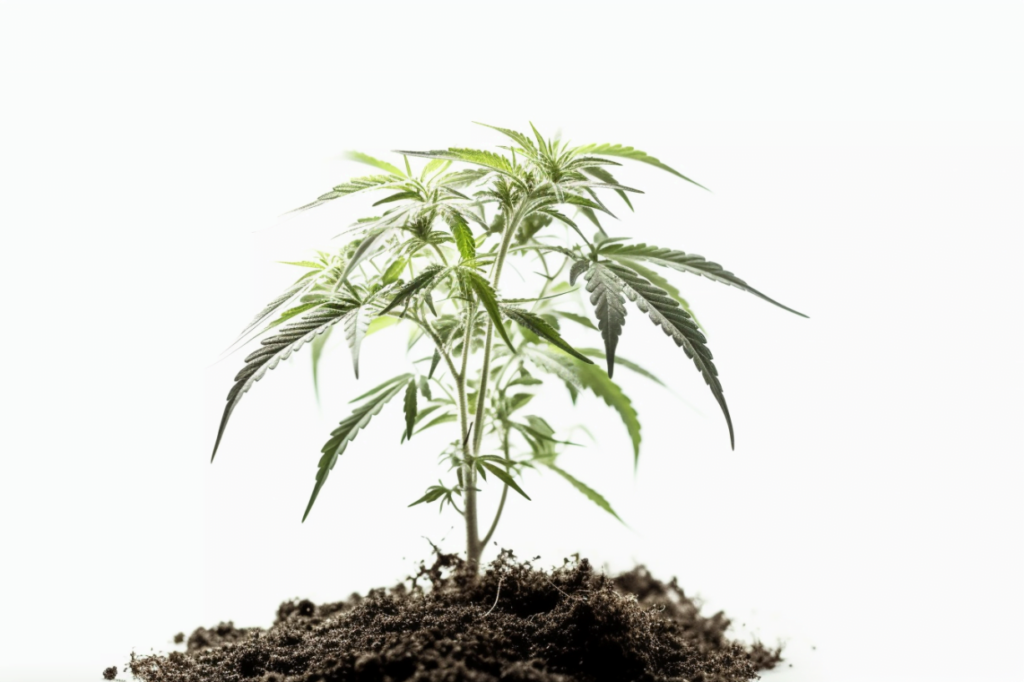English

If you’re venturing into cannabis cultivation, you’ve likely encountered terms like “F1 seeds” and “inbred seeds.” But what do these terms mean, and how do they impact your cannabis growing experience? In this article, we’ll break down the differences between F1 and inbred cannabis seeds in simple terms to help you make informed decisions for your cultivation journey.
F1 Cannabis Seeds: The Basics
Let’s start with F1 seeds. “F1” stands for the first filial generation, and these seeds are the result of crossbreeding two distinct parent plants. Imagine mixing genetics from two different cannabis plants to create a unique offspring. F1 seeds are known for their genetic diversity and vigor.
Advantages of F1 Cannabis Seeds:
- Hybrid Vigor: F1 seeds often exhibit hybrid vigor or heterosis. It means they may grow stronger and healthier than their parent plants. This can lead to robust growth and higher yields.
- Genetic Diversity: Crossbreeding two different cannabis strains can result in F1 seeds. Those seeds have a wide range of characteristics, including various flavors, aromas, and effects. This diversity can be appealing to growers seeking unique traits.
- Stress Resistance: F1 plants may have better resistance to environmental stressors like pests and diseases, thanks to their diverse genetic makeup.
- Adaptability: F1 seeds can adapt well to different growing conditions, making them suitable for both indoor and outdoor cultivation.
What about F2 Cannabis Seeds ?
F2 stands for the second filial generation and is a product of breeding two F1 plants, much like breeding the offspring of two mixed-breed dogs. F2 seeds offer a unique blend of genetics, often with increased variability compared to F1 seeds.
Inbred Cannabis Seeds: The Basics
In contrast, inbred cannabis seeds, often referred to as “IBL” (Inbred Line), are the outcome of breeding closely related cannabis plants. Inbreeding involves repeatedly crossing plants from the same genetic lineage, typically for several generations. The goal is to create stable and consistent traits within the offspring.
Advantages of Inbred Cannabis Seeds:
- Genetic Stability: Inbred seeds tend to exhibit genetic stability, meaning they are more predictable in terms of their characteristics, such as appearance, aroma, and potency.
- Trait Preservation: Inbreeding allows for the preservation of desirable traits. If you have a cannabis strain with specific attributes you value, inbreeding can help maintain those qualities.
- Consistent Results: Inbred seeds are more likely to produce plants that closely resemble one another, which can be advantageous for commercial growers seeking uniformity.
- Controlled Breeding: Inbred lines provide breeders with a degree of control over the genetic traits they want to emphasize or eliminate.
Which Is Right for You?
Choosing between F1 and inbred cannabis seeds depends on your goals and preferences:
- If you desire genetic diversity, hybrid vigor, and the excitement of discovering unique characteristics, F1 seeds may be your choice.
- If you prioritize stability, consistency, and the preservation of specific traits, inbred seeds could be the better option.
Final words:
In summary, F1 cannabis seeds result from crossbreeding two distinct parent plants, offering genetic diversity and hybrid vigor. Inbred cannabis seeds, on the other hand, are the product of closely related plants bred for genetic stability and consistency. Your choice between F1 and inbred seeds should align with your cultivation goals and the type of hemp experience you seek. Understanding the distinctions between these two seed types empowers you to make informed decisions and embark on a successful cannabis growing journey tailored to your preferences. Happy growing!
Related articles :
Published by Sakul
30/09/2023choose and buy cannabis seeds from our offer
our pleasure


























